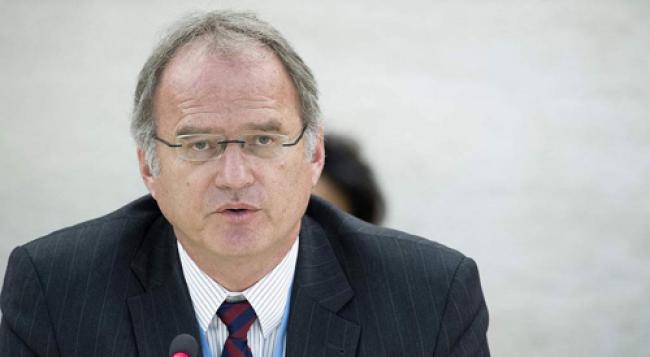According to local security officials, 16 civilians were killed and at least 10 injured when two separate wedding processions were hit on 12 December in Al-Baida Governorate. According to officials cited by the Office of the High Commissioner for Human Rights (OHCHR), the victims had been mistakenly identified as members of Al-Qaida.
“If armed drones are to be used, States must adhere to international humanitarian law, and should disclose the legal basis for their operational responsibility and criteria for targeting,” said Christof Heyns, UN Special Rapporteur on extrajudicial, summary or arbitrary executions.
Heyns also called on the US and Yemen to disclose whether they were responsible, and if so, what targeting standards were used, how many civilians were killed, and whether they plan to provide compensation for the victims’ families.
“Yemen cannot consent to violations of the right to life of people in its territory,” he added in a news release.
In addition, Special Rapporteur on Torture Juan Méndez expressed concern about the legitimacy of the airstrikes, highlighting that each State was obliged to undertake due investigation into the reported incidents, including the effect on civilians.
“A deadly attack on illegitimate targets amounts to cruel, inhuman or degrading treatment if, as in this case, it results in serious physical or mental pain and suffering for the innocent victims,” Méndez said.
Independent experts, or special rapporteurs, are appointed by the Geneva-based UN Human Rights Council to examine and report back on a country situation or a specific human rights theme. The positions are honorary and the experts are not UN staff, nor are they paid for their work.
Special Rapporteur on Extrajudicial, Summary or Arbitrary Executions Christof Heyns. Photo: Jean-Marc Ferré
